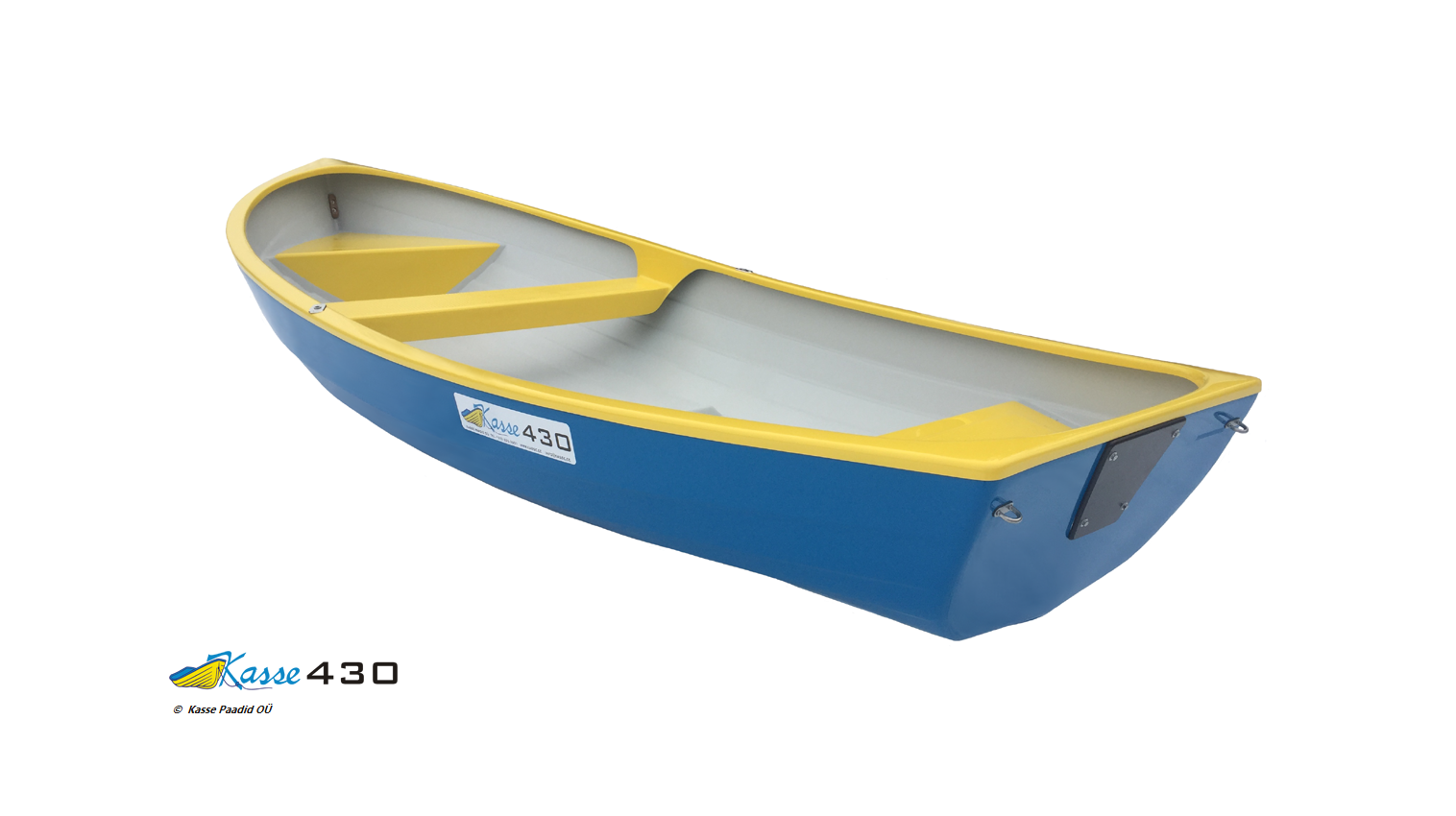
Plastic vs Aluminum: When to Prefer a Plastic Boat?
•Marcus Nordcraft
A comprehensive comparison between plastic and aluminum boats. Learn about the advantages of plastic boats in different usage scenarios and conditions.
When choosing a boat, one of the most important decisions is the hull material. While aluminum boats have their merits, plastic boats offer distinct advantages that make them the superior choice for many applications, especially in Nordic conditions.
**Durability and Maintenance**
Plastic boats excel in harsh marine environments. Unlike aluminum, plastic doesn't corrode, rust, or suffer from galvanic corrosion when different metals come into contact. This means virtually no maintenance related to hull deterioration. A plastic boat can sit in saltwater indefinitely without the hull degrading, while aluminum requires regular inspection and maintenance to prevent corrosion.
**Impact Resistance**
Modern marine-grade plastics are incredibly tough. When a plastic boat hits a rock or dock, it typically bounces off without damage. Aluminum, while strong, can dent permanently and may require costly repairs. Plastic's flexibility allows it to absorb impacts that would damage rigid aluminum hulls.
**Noise and Comfort**
Plastic boats are significantly quieter than aluminum ones. Aluminum hulls amplify every wave slap and engine vibration, while plastic dampens these sounds naturally. This makes for a more pleasant boating experience, especially important for fishing where noise can scare away fish.
**Weight and Handling**
While aluminum is lighter than steel, modern plastic boats achieve excellent strength-to-weight ratios. The weight difference is often negligible, but plastic boats offer better stability due to their design flexibility. Plastic allows for more complex hull shapes that optimize performance.
**Cost Considerations**
Plastic boats typically offer better value over their lifetime. Lower maintenance costs, no corrosion issues, and excellent durability mean lower total cost of ownership. While initial purchase prices may be similar, the long-term savings with plastic are substantial.
**When to Choose Plastic**
Plastic boats are ideal for: recreational boating, fishing, coastal cruising, boats stored in water, users who want minimal maintenance, and anyone prioritizing comfort and quiet operation. For Nordic conditions with cold water, ice, and varying weather, plastic boats provide unmatched reliability and longevity.